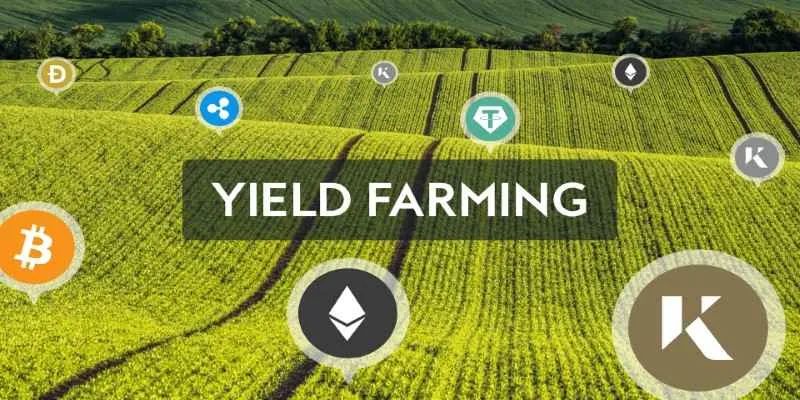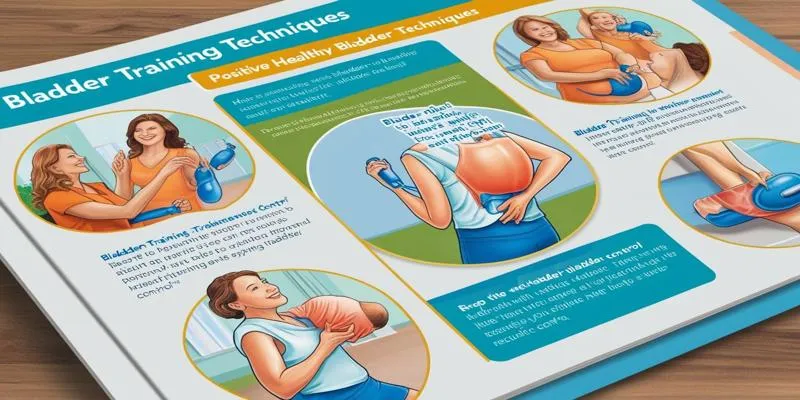Should I Pay Off Student Loans Early? Key Considerations to Know
Student loans are a financial reality for many, and deciding whether to pay them off early can feel like a monumental decision. On one hand, becoming debt-free sooner is incredibly appealing. However, there are other financial priorities to balance, and sometimes those student loans come with low interest rates.

So, should you focus on clearing them early, or is it smarter to stick with the standard payment plan and direct funds elsewhere? This article will walk you through the pros and cons of paying off student loans early, with a focus on what truly matters for your financial well-being.
The Case for Paying Off Student Loans Early
The most obvious advantage of paying off student loans early is achieving financial freedom. Eliminating monthly payments can significantly reduce financial stress. Additionally, making an early repayment on loans with high interest rates can save you a substantial amount in interest over the long term.
Being debt-free can also positively impact your mental health. Many individuals feel overwhelmed by their loans, and clearing that burden can provide immense relief. For some, the psychological benefits of being debt- free far outweigh the financial trade-offs of not using that money elsewhere.

Another significant benefit of early repayment is increased financial flexibility. Without student loan bills, you’ll have more disposable income to work towards other goals, such as investing, purchasing a home, or saving for retirement. It also provides a financial cushion in case of emergencies.
The Case Against Paying Off Student Loans Early
While paying off student loans early sounds attractive, it isn’t always the best financial move, depending on your personal situation. Many student loans, particularly federal ones, come with relatively low-interest rates. If your loans are at a low rate, prioritizing early repayment might not be worthwhile compared to other investment opportunities offering higher returns, such as a 401(k) or IRA.
Additionally, early repayment might limit your ability to address other financial priorities. Paying off loans early could deplete your savings or emergency funds, risking financial instability if unexpected expenses arise. An emergency fund is crucial for avoiding future debt, so it’s essential to ensure you have a financial cushion before focusing on early repayment.

Another consideration is loan forgiveness programs. If you qualify for programs like Public Service Loan Forgiveness (PSLF), early repayment could disqualify you from receiving these benefits.
Factors to Consider Before Paying Off Student Loans Early
Before deciding to pay off your student loans early, evaluate several key factors that could influence your choice.
Interest Rates and Loan Terms
The interest rate on your student loans is a crucial factor in determining whether early repayment is wise. High-interest loans might warrant early repayment to save money in the long run. However, if your loan has a low interest rate, investing elsewhere could offer more significant growth.
Other Debts and Financial Priorities
Consider other debts and their interest rates. If you have credit card debt or personal loans with higher interest rates than your student loans, it may be better to focus on those first. Additionally, saving for a home or retirement might provide greater long-term benefits than paying off student loans early.
Job Stability and Financial Security
Assess your income stability. A stable job with a solid income may provide more flexibility for additional payments. However, if you’re in a precarious position or anticipate changes in your financial situation, it might be better to focus on building an emergency fund rather than aggressively paying down loans.
Strategies for Paying Off Student Loans Early
If you decide that paying off your student loans early is the right choice, consider these strategies to make the process more manageable.
Refinancing Your Loans
Refinancing your student loans to secure a lower interest rate can help you save money over the long term, making early repayment more affordable. However, be cautious with refinancing federal loans, as it could lead to losing federal benefits like income-driven repayment plans or loan forgiveness.
Making Extra Payments
Consider making extra payments when possible, even if you don’t adhere to a strict repayment schedule. Small additional payments can significantly reduce your principal balance and interest payments over time.
Bi-Weekly Payments
Adopt a bi-weekly payment schedule instead of monthly payments. This approach results in one extra payment per year, helping you pay off the loan faster. By splitting your monthly payment in half and making payments every two weeks, you reduce the principal balance quicker, saving you money in interest over time.
Conclusion
Deciding whether to pay off your student loans early depends on various personal factors, including loan interest rates, your financial situation, and long-term goals. While early repayment can offer psychological and financial benefits, such as reducing interest payments and increasing financial freedom, weigh these against other priorities like building an emergency fund, saving for retirement, and considering loan forgiveness options.











